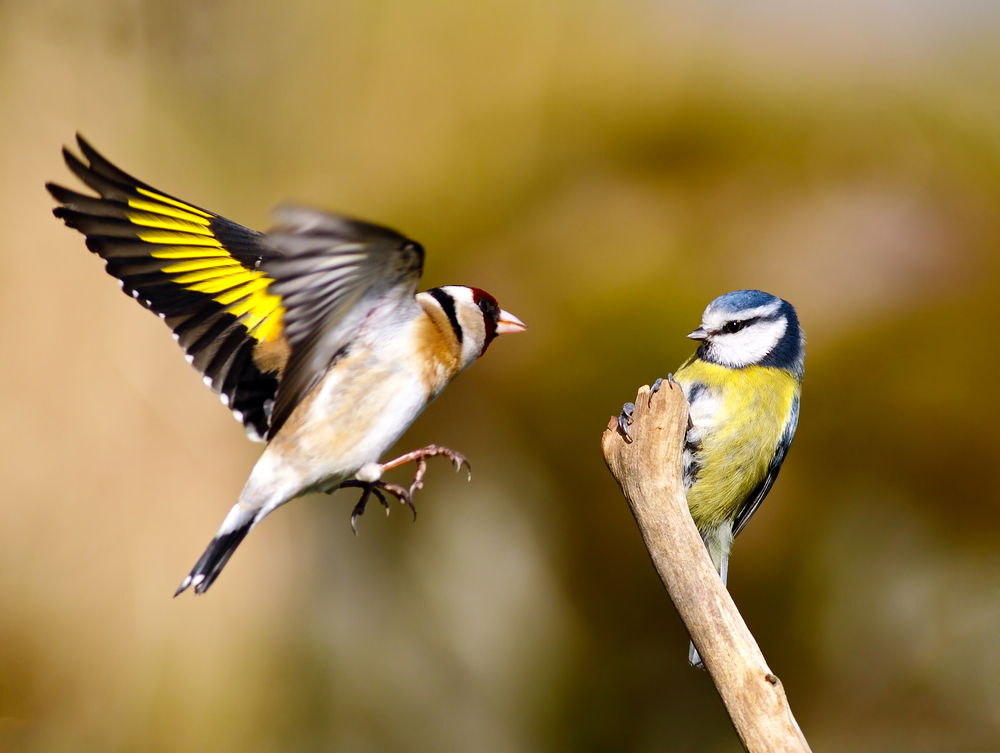
It seems Britain has got a little bit bigger over the past 15 years, at least for its birds. A new study has shown that many of the country’s bird populations have significantly expanded their range in response to the new environmental conditions climate change is bringing about.
The report—published in the scientific journal Bird Study—used data for 80 species of British birds collected from a range of long-term breeding bird surveys. Analysis of the data revealed that the northern margins of the breeding range have pushed north for the majority of the species examined, at an average rate of 3.3km per year; 50km since the year 2000.
However, the southern edges of the birds’ range were found to have moved much more slowly, leading to the overall distributions stretching and expanding over time. This contrast suggests that different factors are operating at the two boundaries, as lead-author of the study Dario Massimino explains:
‘Bird species may be physiologically limited by cold winter weather at their northern range margins, with warming potentially releasing the limiting conditions and allowing rapid range expansion.’
‘In contrast, there is increasing evidence that retreat from southern range margins is more likely to be driven by community-level interactions, including competition with other species, and these may operate at a slower rate.’
While Britain just got a little bigger for those species that have been able to adapt to the short-term influence of a changing climate, the future looks less certain and there is a real need to carry on with long-term monitoring of Britain’s birds in order to understand potential future impacts on biodiversity.
‘This research provides further evidence of how rapidly and deeply climate change is already impacting the natural world,’ says RSPB’s Conservation Director Martin Harper, ‘requiring species to move to track suitable climate conditions, possibly into areas without suitable habitat.’
‘To see such marked and compelling results with the relatively modest rate of warming experienced so far, especially in the UK, it’s disturbing to consider the future impacts—on a wider geographical scale—if humankind doesn’t keep global temperature rise to the absolute minimum.’
